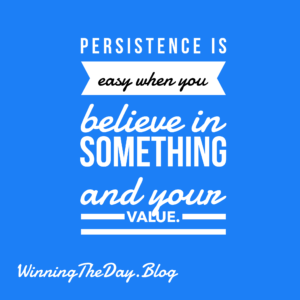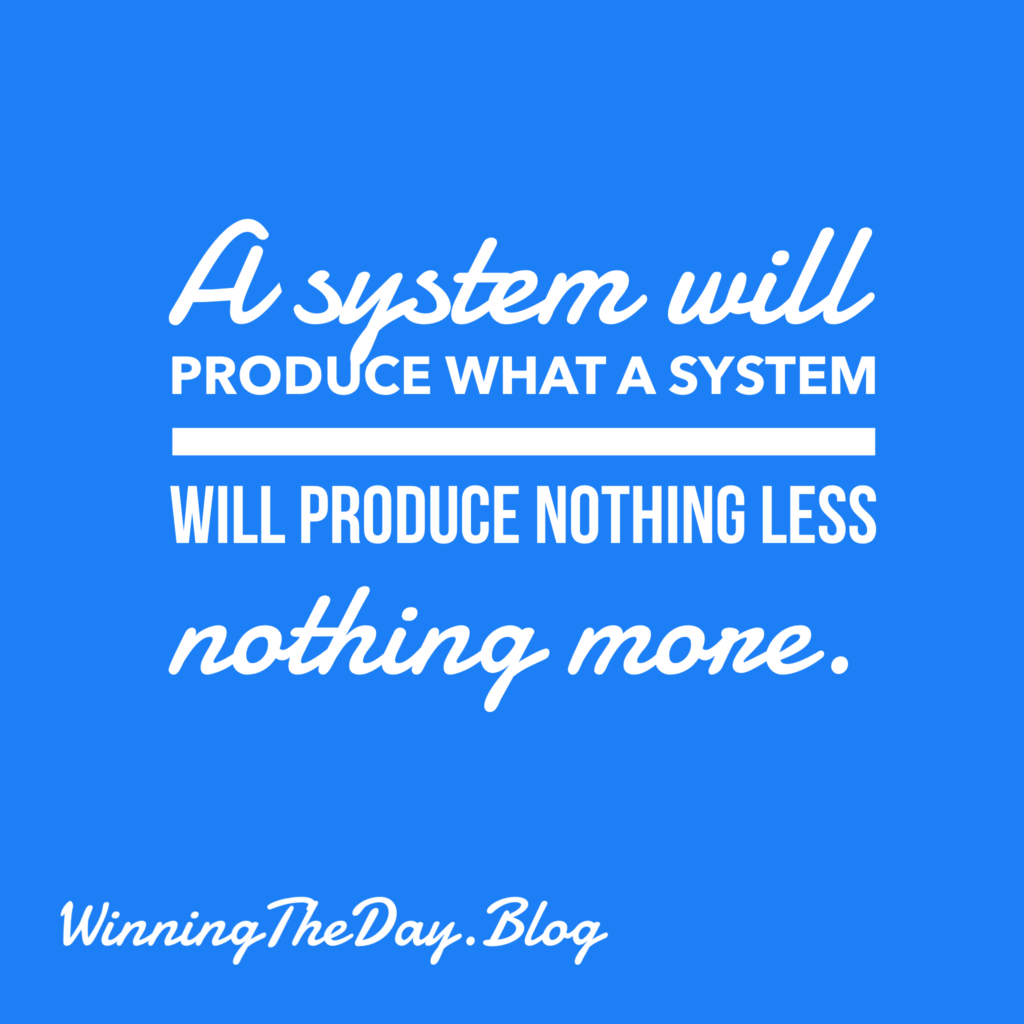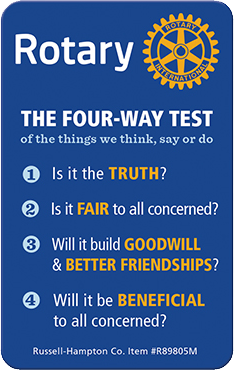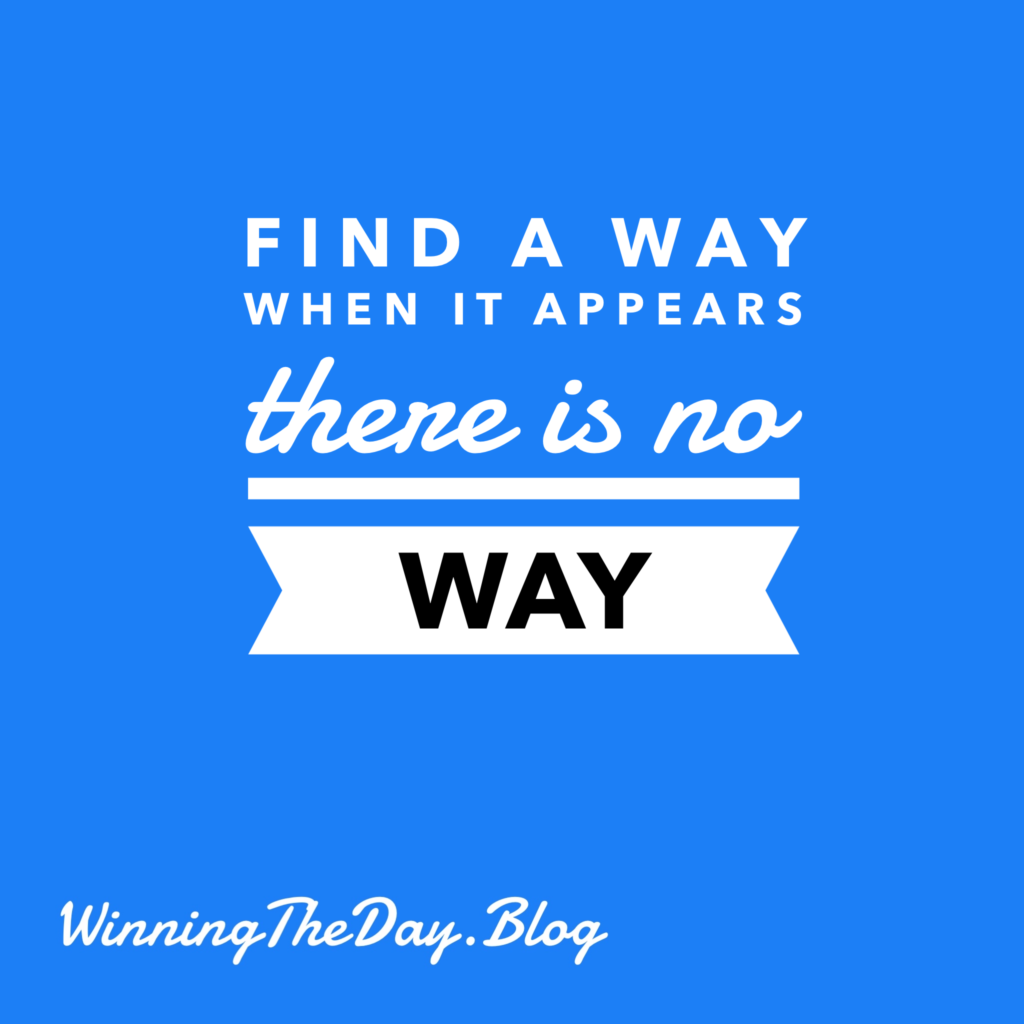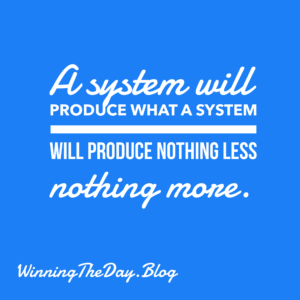The narrative of the 2025 housing market is no longer defined by a standstill. We are at a strategic turning point. Our mission between now and year-end is to be the expert voice that translates complex data into actionable client advice, allowing us to discard the spreadsheets and speak with clarity and confidence.
The Critical Starting Point: Low Turnover
The core issue has been low sales volume. We must acknowledge a Redfin study that shows only 28 out of every 1,000 US homes sold in 2025—a 30-year low.
This is primarily due to the “Lock-in” Effect, where 70% of current homeowners have a mortgage rate under 5% and are understandably reluctant to move. Affordability was the national political theme for a reason.
But here is the crucial reality check: despite this, the market is not frozen. Nationally, over 16,240 homes are still selling each working/closing day. The transactions are simply being led by life events, not rate-chasing.
The Pivot: Why the Market is Shifting Slightly
We are entering a strategic window because affordability is improving and inventory is rising, activating latent demand:
- Affordability is the Turning Point: This is the most compelling news for buyers. The monthly median mortgage payment has dropped over $300 since its peak in May 2025. This significant financial relief, combined with rates trending down for most of the year, is the essential catalyst drawing buyers back to the table.
- Inventory is Returning: The “lock-in” is cracking due to life events (jobs, family, retirement). Active inventory is climbing back to pre-COVID levels (2017-2019), which means buyers finally have more options.
You can see inventory levels and more metrics in your area—just type in your Zip Code—on my Altos Research Link:
- [New York]
- [Florida]
- [Texas]
- [California]
- [US – National]
A Possible Action Plan for Q4
High performers win by leveraging this data to position their clients strategically:
- Coach Sellers: Embrace Strategic Pricing Precision We must help sellers move past the past bidding war mentality. The market now rewards precision. Use the fact that 20% of listings in October had a price cut to set realistic expectations upfront. If a home is overpriced, it will sit, and it will reduce.
- Manage Buyers: Master the Normal Pace of Sale The frantic pace is over. The median time on market is now 63 days, returning to a normal pre-COVID rhythm. Coach buyers this is historically a more normal pace.
- Mitigate the “Wait-and-See”: The Cost of Waiting on Equity Address the fear of “waiting for prices to crash.” The demand is strong, driven by the Millennials, the largest adult generation in their peak household formation years. This powerful and sustained demand mitigates the crash narrative. The bigger challenge will come to light near 2035 when household formation drops to a 100 year low.
The data shows prices are forecasted to continue rising nationally by 2% in 2026. Waiting simply costs the buyer lost equity; a median-priced home is projected to gain $61,000 in value over the next five years.
Be the Knowledge Broker
Arm your team with specific data points for holiday conversations. Our job—Retention, Attraction & Recruiting—is to provide the certainty required to execute a move in an uncertain world.
The skills-based market is here. Are we ready to lead it?
If you are a KCM member, you’ve seen the data; if not, the slides are linked here. Share with others as you see fit.

